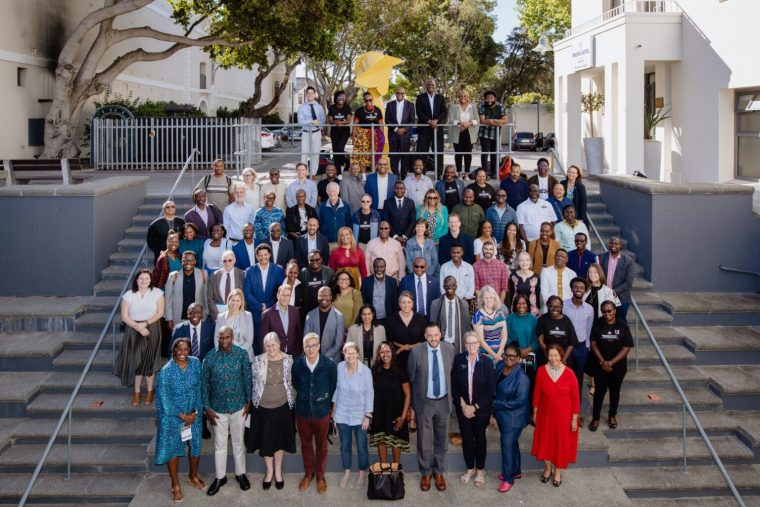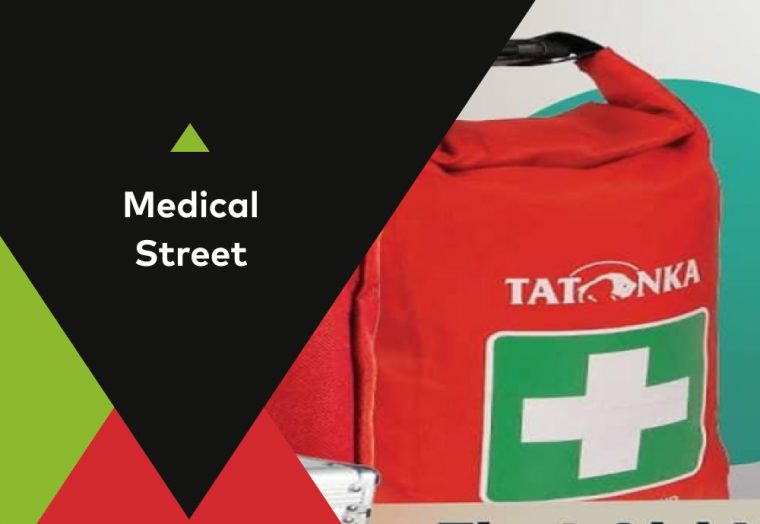The Health Entrepreneurship (HENT) Challenge’s first cohort is getting ready for their upcoming visit to Toronto, where they will continue their implementation phase through activities targeting business development, expanding entrepreneurial networks and facilitating exposure to potential investors.
In the meantime, the HENT Communications team caught up with the ventures from the first HENT Challenge cohort to learn more about the origins of their companies, what they’ve learned to date, and what is coming up next…
Faisal Waiswa, John Francis Okonye, and Emmanuel Obua have a shared ambition: they want to revolutionize healthcare in their community. This goal stems from their personal encounters with the struggles of obtaining affordable healthcare. As an engineering student, Waiswa noticed that healthcare providers were bogged down by inefficient, expensive supply chains. He came up with the idea of an online platform to directly link healthcare providers with medical equipment suppliers. This innovation could simplify the ordering and delivery process, making medical supplies more affordable and accessible.
Waiswa left his job as a biomedical engineer and founded Medical Street with Okonye, Obua and a team of passionate individuals committed to using technology to improve healthcare delivery. Medical Street’s mission is to leverage technology to streamline healthcare delivery. Their platform makes it easy to order and deliver medical equipment, drugs, and other essentials. So far, the startup has catered to over 1000 clients, serviced and repaired equipment in more than 600 hospitals, and facilitated over 1000 digital consultations. This efficiency helps to cut down delays, limit waste, and ultimately enhance patient care.
In addition, Medical Street is transforming the healthcare industry with their innovative features, including their AI-powered hospital and patient management system. This built-in feature gives patients and healthcare providers a simple way to access and manage medical records from a single platform. With these features, Medical Street is not only addressing the supply chain challenge in healthcare, but revolutionizing the way healthcare providers manage patient data and deliver care.
What is the accomplishment to date that your team is most proud of?
One of the accomplishments that we are most proud of is the fact that we have successfully generated revenue and have paying customers. We have also developed an MVP product and manufactured some medical equipment to boost our revenue.
If you could give advice to another founder getting started, what would that be?
Focus on solving a real problem for a specific target audience and validate the problem and solution with potential customers. Build a strong team with complementary skills and shared vision and be sure to prioritize and manage resources effectively. When building your venture, be adaptable and willing to pivot when necessary, and stay persistent and resilient in the face of challenges. It’s also important to seek out mentorship, network with peers in the industry, and continuously learn and improve.
Looking forward, Medical Street’s next step is to scale the business and expand its reach, with a goal to serve more than 200,000 healthcare providers by the end of 2025. Through continued partnerships and outreach, Medical Street aims to achieve 5% market penetration of the Ugandan healthcare sector by 2025 and expand to the entire East African Community by 2030. Ultimately, Medical Street aims to become a leading platform for healthcare providers and suppliers, revolutionizing the way medical equipment and supplies are accessed and distributed.
You can learn more about the Medical Street by visiting their website.

You can learn more about the Medical Street
More News & Events
Skip scroller content
From Clinics to Communities: Rethinking Maternal and Newborn Health in Africa
Dr. Henry Kilonzo explores evidence-based lessons from Kenya and Ethiopia about redesigning health systems for safe motherhood.
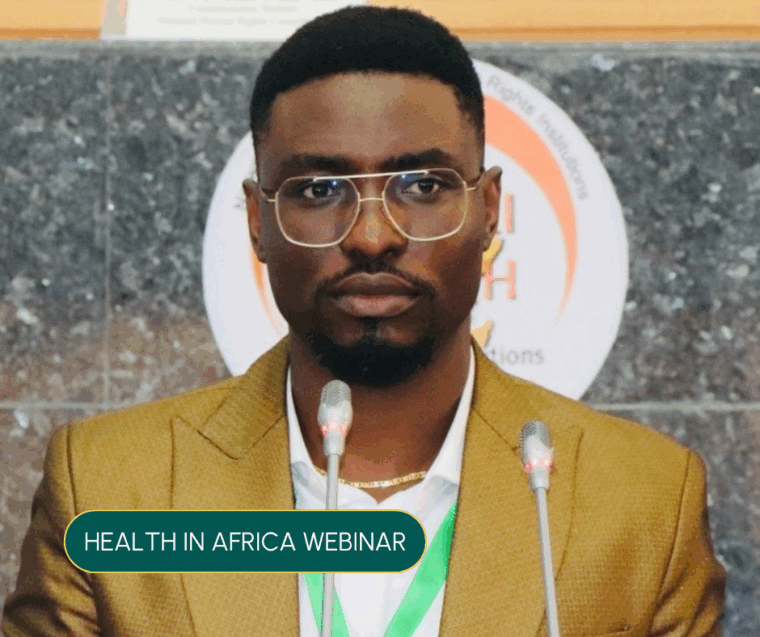
Building Inclusive Health Systems for People in Contact with the Criminal Justice System in Africa
Join this webinar to explore how Africa can build inclusive health systems that protect the dignity, safety, and well‑being of people who come into contact with the criminal justice system.
Dignity, Data, and Disruption in Africa’s Health Systems: A Young Leader’s Reflection
John Nyagaka, a Mastercard Foundation Scholar and AHC Young Leaders Table Chair, reflects on his transformative experience at the 2025 Annual Convening.
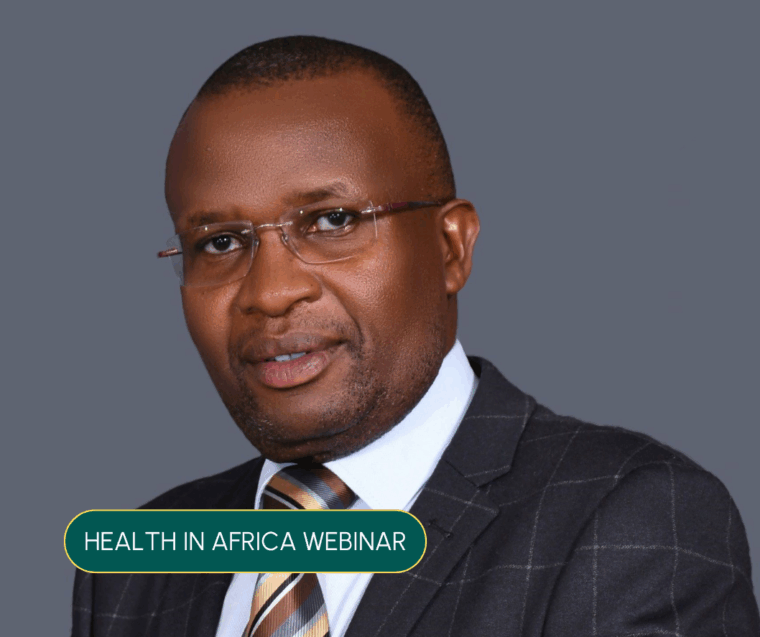
What Works: Improving Maternal and Newborn Health in Kenya and Ethiopia
Join this webinar to explore how community-led systems and digital innovations, in partnership with local leaders, are scaling sustainable healthcare impact and delivering life-saving care for mothers and their newborns.

Apply for the AIMS Master’s in Mathematical Epidemiology (MathEpi) Scholarship
Apply for the 2025 AIMS MathEpi Master’s program. Fully funded scholarships for African students in statistics and public health. Deadline: March 15.

Apply for KNUST’s CPD-Eligible Short Courses in Health Systems and Services Management
Applicants must meet the following requirements to qualify for the scholarship: Short Courses and Timelines 23rd – 27th February 2026: Emergency Preparedness and Response to Epidemic/Pandemic-Prone Diseases 10th – 14th February 2026: Community Emergency Care 24th – 27th February 2026: Palliative Care Module 1 23rd – 27th March 2026: Introduction to Healthcare Quality Improvement (IQI) […]
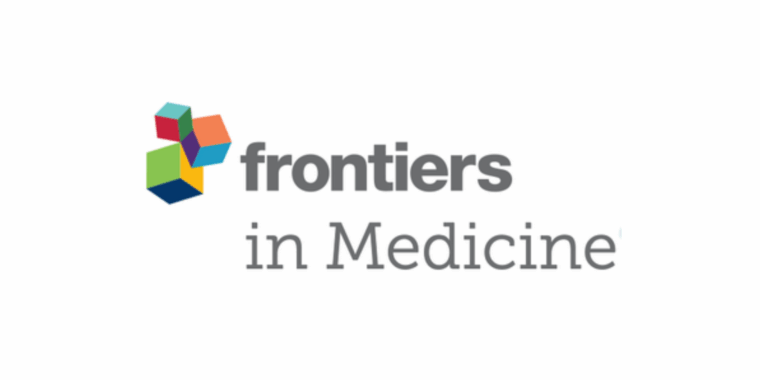
Call for Insights & Stories: Frontiers Opens Special Collection for AHC Partners
The Africa Health Collaborative (AHC) is pleased to share an exciting opportunity for all AHC institutional partners to share original research, reviews, case studies, policy briefs, perspectives, and reflective pieces in a new article collection titled “United in Partnership: Academic Collaborations for Primary Health Care Transformation” by Frontiers in Medicine. This special collection is being […]
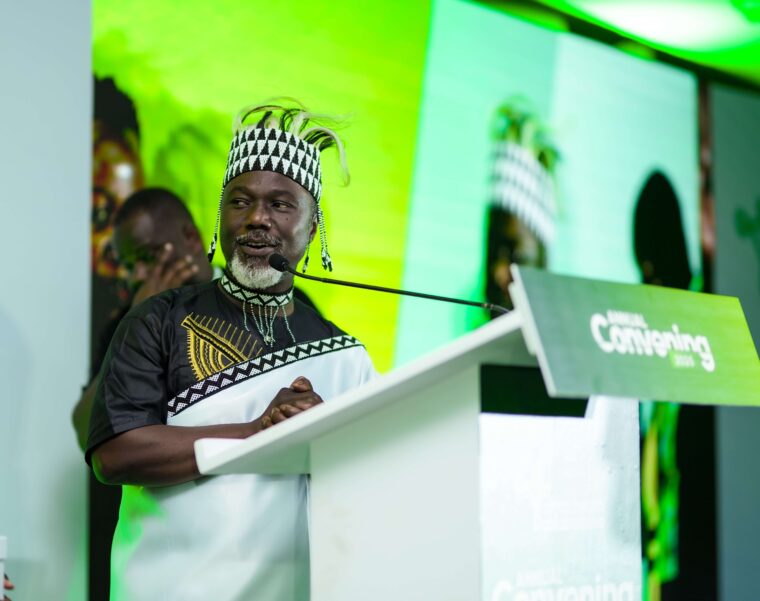
A New Chapter of Collaboration: AHC Welcomes Prof. Joachim Osur as Executive Steering Committee Chair
The Africa Health Collaborative (AHC) has announced Prof. Joachim Osur, Vice Chancellor of Amref International University, as the new Chair of the Executive Steering Committee (ESC). The symbolic handover took place during the closing ceremony of the 2025 AHC Convening in Rwanda, held in October 2025. This marks a significant leadership transition from Prof. Nhlanhla […]
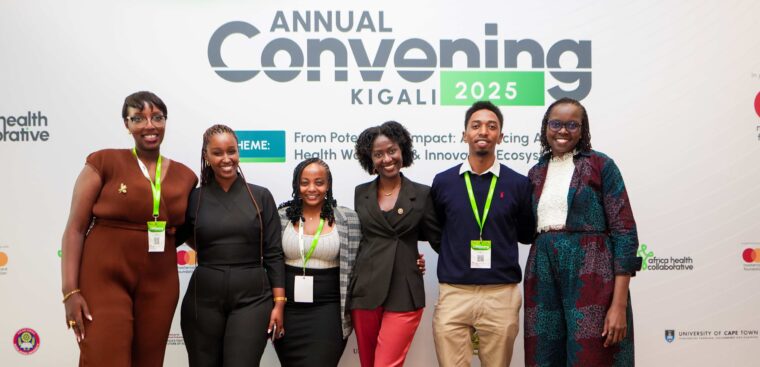
Africa Health Collaborative 2025: Driving Transformative Change in Primary Healthcare Future
Last October, over 170 policymakers, health experts, academics, and youth innovators from 14 countries came together for the Africa Health Collaborative’s (AHC) 2025 Annual Convening, hosted by the African Leadership University (ALU) in Kigali, Rwanda.

Engineering Dignity: Designing Low-Cost Prosthetics in the University of Cape Town’s MedTech Lab
Read about how Jemila Abdulai’s internship at UCT’s MedTech Lab strengthened her commitment to human-centered engineering, demonstrating how affordable innovations like the ADL Arm can expand access, restore dignity, and transform lives in underserved communities.
